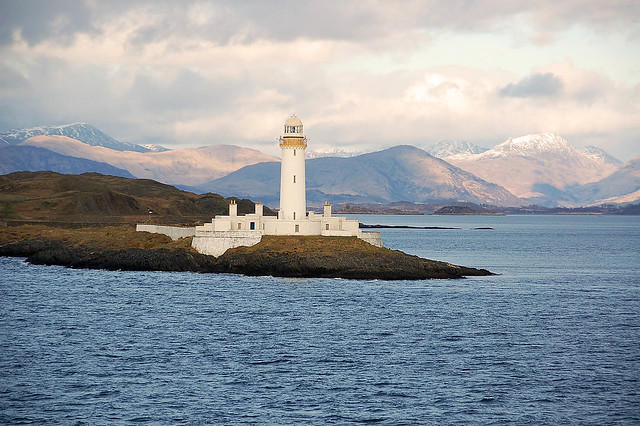I’m just putting together material for this weekend’s Fèis Fhoirt Adult flute and whistle workshops, which will take place 24-25 October in Callendar.
There are two single day-long workshops and there are still some spaces available in both:
- Saturday 24 Oct: improver/ lower intermediate whistle. Low whistles are welcome to the whistle workshop.
- Sunday 25 Oct: upper intermediate/ advanced flute. Boehm system (silver) flutes are welcome to the flute workshop, as well as the keyed or unkeyed wooden flutes that are more commonly associated with traditional music.
Both workshops will include a mix of repertoire and technique for the respective instruments. I will aim to cover a few bases, including some different tune types and probably repertoire from both Scotland and Ireland.
There are a number of other workshops also taking place, including Complete Beginners Whistle, led by Chris Ferrie. A tutors’ concert is planned and I expect some informal music sessions too.
All details, including booking, can be found on the Fèis Fhoirt web site.

 Fèis Fhoirt Adult flute and whistle workshops 24-25 October
Fèis Fhoirt Adult flute and whistle workshops 24-25 October